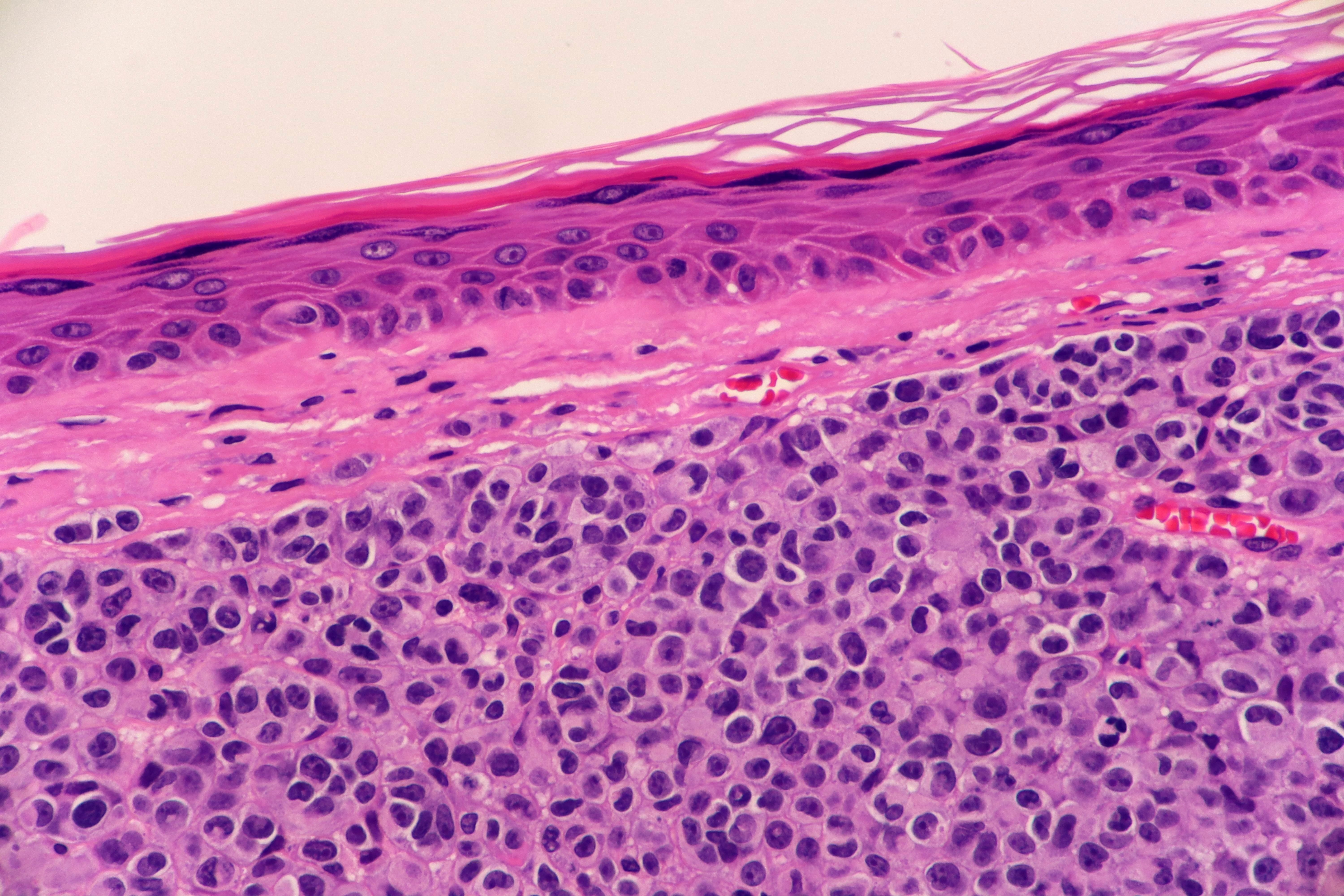
Researchers may have uncovered a novel epigenetic pathway involved in the development of treatment resistance in melanoma and a chemical reagent that may be effective in resensitizing treatment-resistant tumors to targeted therapies, according to a recent study published by Wu et al in The Journal of Clinical Investigation. Researchers used both cancer cell lines grown in the laboratory and human melanoma tumors grown in experimental models to evaluate the epigenetic influences associated with melanoma progression and their responses to targeted therapies. The researchers determined that a critical resistance mechanism for melanoma involved the epigenetic mediator CoREST. They found that this treatment resistance could be targeted by corin, a recently designed dual-functioning small molecule inhibitor of CoREST. The researchers provided the molecular rationale for how CoREST complex targeting may be harnessed for an important therapeutic goal in a broad range of epigenetic contexts, including melanoma, indicating that similar epigenetic events may be associated with treatment resistance in other types of cancers. They hope their research can influence the development of novel high-specificity epigenetic inhibitors like corin that may allow for the resensitization of these tumors to effective targeted therapies as well as disease remission with minimal side effects. In a companion press release on the findings from Boston University Chobanian & Avedisian School of Medicine, the study authors concluded: “We also expect that these studies will result in the improved efficacy of anticancer targeted drugs while limiting the development of drug resistance in cancers through the combined use of targeted epigenetic therapies.”